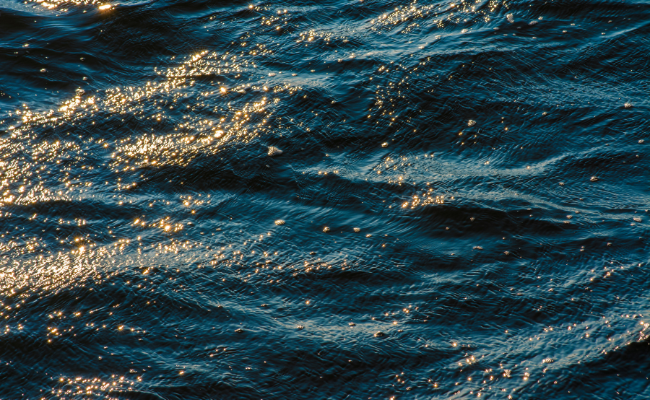
Beyond the Breakers
Overdue Changes to Channel Commercial Fisheries Introduced… But Are They Enough?
The UK Government is finally implementing the Fisheries Management Plan (FMP) program, which recently led to the first round of legislative changes. These updates, laid before Parliament on 16 October 2024, will come into effect on 16 December 2024. But what are these changes? And do they go far enough?
Here’s what you need to know about these changes and the Angling Trust’s view on them.
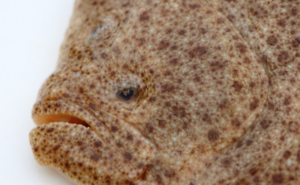
Brill is one species that will at long last have a Minimum Landing Size in the English Channel – despite being short of their size at maturity
- New Minimum Landing Sizes for Lemon Sole, Turbot and Brill
One of the major updates the government are implementing is the introduction of new minimum landing sizes for certain fish species in the English Channel (Areas 7d and 7e). These changes are designed to protect juvenile fish. Before introducing this measure, outside the jurisdiction of the IFCAs, there was no minimum landing size for these species.
The new minimum landing sizes are:
- Lemon Sole: 25cm
- Turbot: 30cm
- Brill: 30cm
The Angling Trust believes every fish should have the opportunity to breed at least once before it is harvested. It is incredibly disappointing that these new legislative sizes fall short of the size of maturity for these species. It is even more bonkers and baffling that there were previously no minimum landing sizes for these species at all, so we welcome this as an initial step.
Anglers can refer to our Minimum Conservation Reference Size guide to familiarise themselves with the maturity size for popular angling species. The Angling Trust will continue pushing for higher minimum landing sizes across all fisheries.
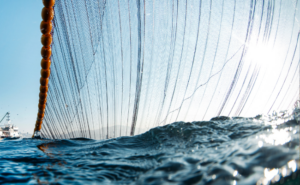
Flyseining is fishing with an encircling and towed net, operated from a boat by means of two long ropes (seine ropes) designed to herd the fish towards the opening of the net.
- Restrictions on Engine Power for Flyseining Vessels
Flyseining is a type of fishing method where an encircling and towed net is operated from a boat using long ropes. To manage fishing pressure on non-quota species, new engine power restrictions for vessels using flyseining gear in the English territorial waters of the Channel Sea (within 12 nautical miles) are being introduced.
Engine Power Limit: Vessels using flyseining gear must not exceed 221Kw of engine power.
This restriction is designed to limit the effort put into fishing for non-quota species in the inshore waters of the English Channel for ALL vessels (UK and non-UK), which should help manage fish stocks and reduce the impact of commercial fishing on the environment.
The Angling Trust has called for tighter restrictions on flyseining vessels since 2022 to mitigate against overfishing, particularly bycatch, and wider destruction of our seas. We are pleased to see these steps put in place as a starting point.
- Larger Mesh Sizes for Flyseining Gear
Another key change involves the mesh size requirements for flyseining gear. All vessels using this type of gear in the English waters of the Channel Sea will now have to use a larger mesh size, with a minimum of 100mm. This is an increase from the previous 80mm requirement and is aimed at allowing smaller, juvenile fish to escape the net.
The Angling Trust has called for tighter restrictions on flyseining vessels since 2022 to mitigate against overfishing, particularly bycatch, and wider destruction of our seas. We are pleased to see these steps put in place as a starting point.
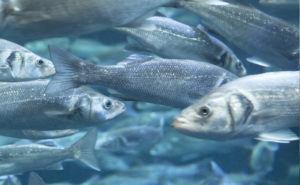
Bass are one of the most important species for anglers in the country
- Flexibility in Commercial Bass Catch Limits
Another significant update is the management of bass catch limits. Moving forward, the government will allow commercial bass catch limits to be managed through fishing licences rather than waiting for new legislation each time international negotiations or scientific evidence changes. This means that bass catch limits can be adjusted more dynamically based on evolving evidence, in theory, ensuring that bass populations are kept at sustainable levels.
The Angling Trust agree that the stocks sustainability must be the highest priority and changes should be implemented promptly following scientific advice and international negotiations. We welcome discussions with the government on measures that would allow recreational anglers to also benefit more quickly from changes in agreed catch limits. Read the outcome of the UK-EU fishing opportunities for 2025 discussions here.
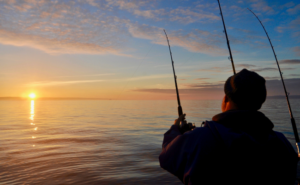
As recreational sea anglers, we all share a responsibility to help protect our seas and the species that call them home.
- What Does This Mean for Recreational Anglers?
While these legislative changes primarily affect commercial fishing, they’re still relevant for us as recreational anglers as they impact the state of our shared fish stocks and wider seas. With Fisheries Management Plans underway, we hope to see more rapid progress from the government to improve our shared fisheries.
The Angling Trust continues to work hard behind the scenes across the Fisheries Management Plan programme in collaboration with the UK government and other stakeholders. You can support our work by joining the Angling Trust today as we fish for fish, fishing and the environment.
As recreational sea anglers, it’s essential to stay informed and engaged in matters that directly impact the health of our ocean and the future of our sport. The Angling Trust is committed to protecting, promoting and developing angling.
Make sure you subscribe to our newsletter and join our Facebook group to be the first to know about the latest sea angling policy developments.
You might also like

Angling Trust Presses Water Commission to Go Faster and…

VIDEO: Alice and her 3 boys have a day…
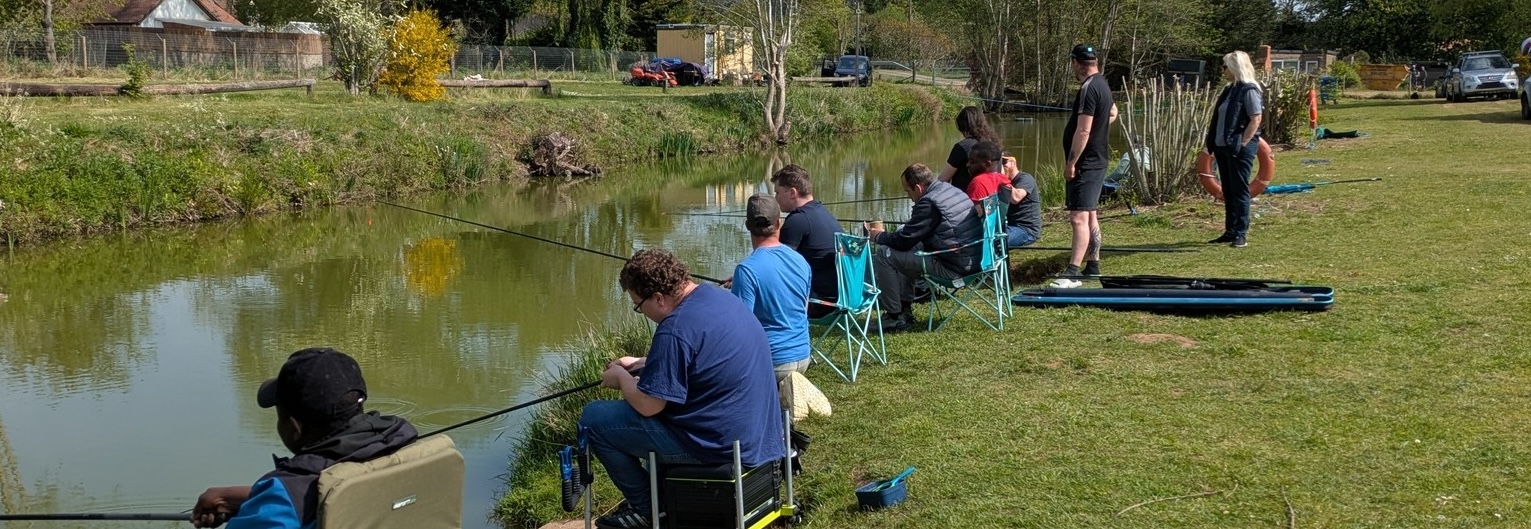
Recovery Rods help boost mental health and wellbeing by…

Teddy is hooked! – back for more fishing and…

Thank you to all our volunteers – you do…

Get Fishing Fund – Funded Project: HACRO were visited…
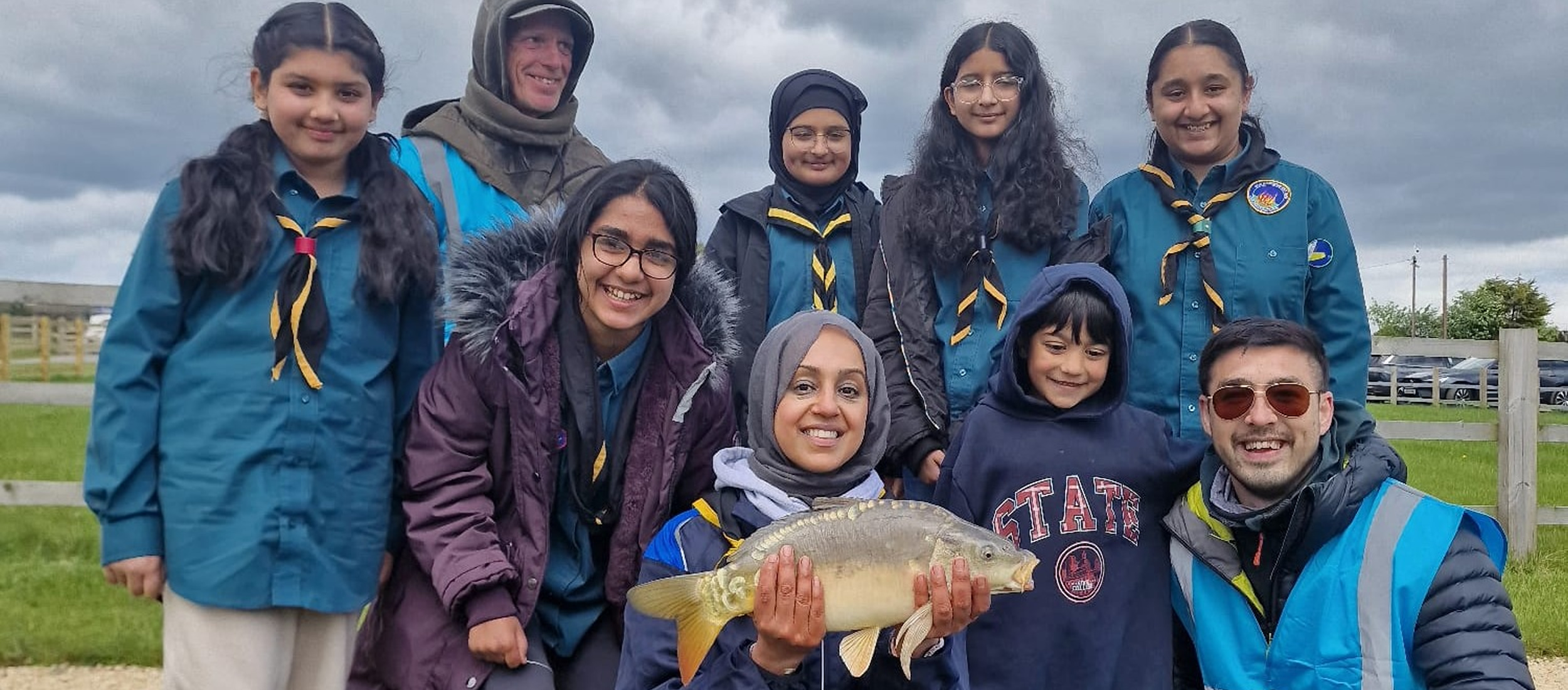
New Horizons had an amazing day taking part in…

Get Fishing Fund – Funded Project Blog: Steve Clamp…
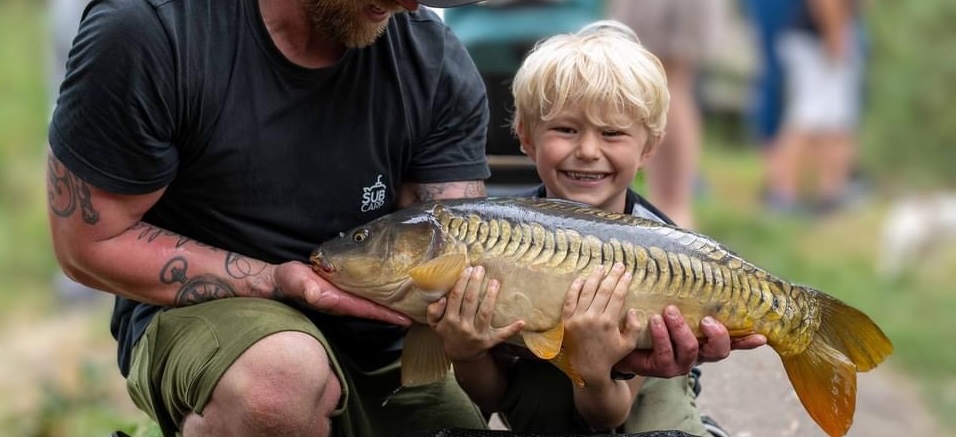
Somersham Angling Club hosted some fabulous Get Fishing events…
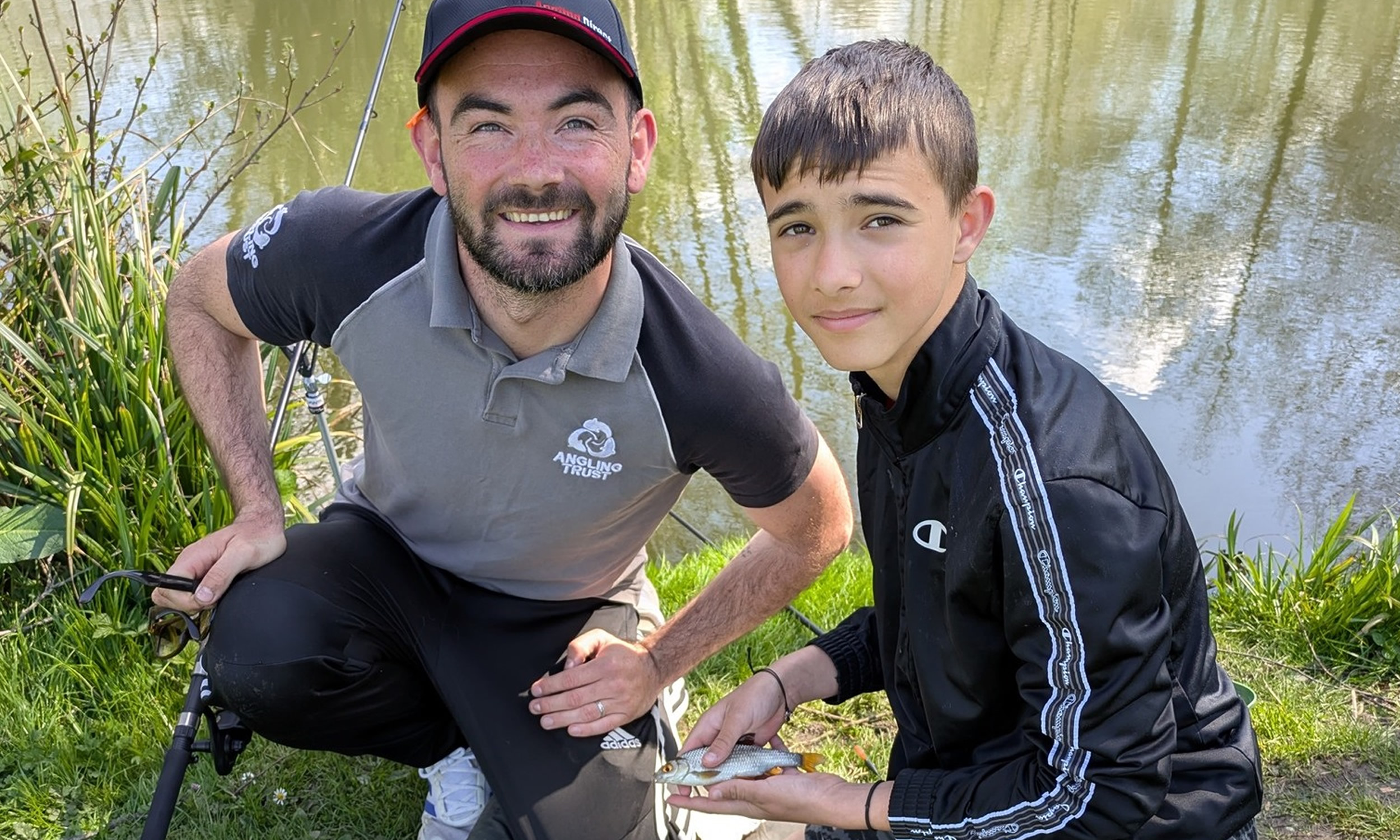
BLOG: Jack’s Back! What’s been happening in my East…

We want a water industry fit for purpose

VIDEO: What are your favourite fishing moments?! – Get…

Angling Trust Presses Water Commission to Go Faster and…

VIDEO: Alice and her 3 boys have a day…

Recovery Rods help boost mental health and wellbeing by…

Teddy is hooked! – back for more fishing and…

Thank you to all our volunteers – you do…

Get Fishing Fund – Funded Project: HACRO were visited…

New Horizons had an amazing day taking part in…

Get Fishing Fund – Funded Project Blog: Steve Clamp…

Somersham Angling Club hosted some fabulous Get Fishing events…

BLOG: Jack’s Back! What’s been happening in my East…

We want a water industry fit for purpose

VIDEO: What are your favourite fishing moments?! – Get…

Angling Trust Presses Water Commission to Go Faster and…

VIDEO: Alice and her 3 boys have a day…

Recovery Rods help boost mental health and wellbeing by…

Teddy is hooked! – back for more fishing and…

Thank you to all our volunteers – you do…

Get Fishing Fund – Funded Project: HACRO were visited…

New Horizons had an amazing day taking part in…

Get Fishing Fund – Funded Project Blog: Steve Clamp…

Somersham Angling Club hosted some fabulous Get Fishing events…

BLOG: Jack’s Back! What’s been happening in my East…

We want a water industry fit for purpose









